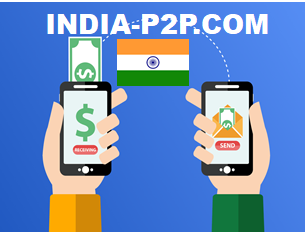
INDIA ISLAMIC P2P (PEER TO PEER) LOAN 2025
INDIA HALAL PEER TO PEER LOAN
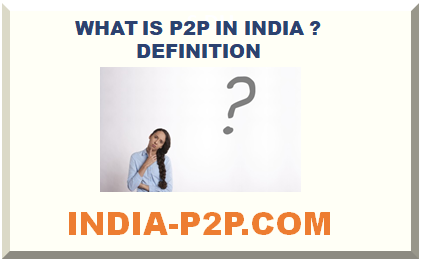
In India, an Islamic P2P (peer to peer) loan in 2025 is defined by a halal funding option facilitated through an Indian muslim online platforms that connect Indian borrowers and lenders directly, adhering to Islamic financial principles that prohibit interest (Riba) and promote ethical, profit-sharing transactions.
In India, an Islamic P2P (peer to peer) loan works by utilizing Shariah-compliant contracts such as Qard Al Hassan loan, Murabaha, Mudarabah (profit-sharing) or Musharakah (partnership), where muslim Indian investors provide funds to borrowers without charging interest, instead earning returns through permissible profit mechanisms defined under Islamic law.
In India, the Halal Peer to Peer loan is feasible to obtain through specialized Indian sharia compliant P2P platforms that offer islamic peer-to-peer lending services, though availability may be limited due to regulatory constraints and the nascent stage of Islamic finance in the country.
In India, the Islamic P2P (peer to peer) loan in 2025 provides an alternative financing option for Indian individuals seeking ethical and interest-free loans, but prospective borrowers should conduct thorough research and consult with financial experts to understand the feasibility and legality of such loans within the Indian regulatory framework.
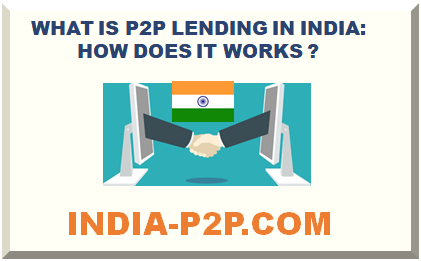
ISLAMIC INDIAN P2P LENDING PLATFORMS RULES
Indian P2P lending platforms have been allocated certain constraints as what is permitted and not.
In India, the Islamic P2P lending sector in 2025 includes the following key features:
- Adherence to Shariah principles, prohibiting interest (Riba) and unethical practices.
- Utilization of Shariah-compliant contracts such as:
- Murabaha (cost-plus financing)
- Mudarabah (profit-sharing)
- Musharakah (joint venture partnership)
- Emphasis on ethical investment and mutual benefit for both parties.
Regulatory Environment
In India, the Islamic P2P lending sector in 2025 operates under the following regulatory considerations:
- Oversight by the Reserve Bank of India (RBI) for P2P lending activities.
- Requirement for platforms to comply with national financial regulations while accommodating Shariah-compliant practices.
- Challenges due to the nascent stage of Islamic finance within the country's legal framework.
Opportunities
In India, the Islamic P2P lending sector in 2025 offers several opportunities:
- Provides ethical and interest-free financing options for individuals and businesses.
- Promotes financial inclusion for the Muslim population seeking Shariah-compliant services.
- Encourages investment in socially responsible projects.
Challenges and Considerations
In India, the Islamic P2P lending sector in 2025 faces the following challenges:
- Limited availability due to regulatory constraints and lack of widespread platform adoption.
- Need for increased awareness and understanding of Islamic finance principles.
- Necessity for interested parties to consult financial experts and review current regulations to participate effectively.
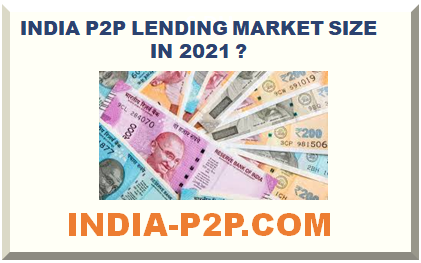

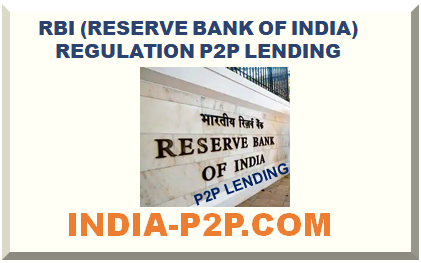
RBI (RESERVE BANK OF INDIA) REGULATION OF THE INDIAN P2P LENDING MARKET 2025
The Indian regulator through the Reserve Bank of India (RBI) initiated meanwhile measures to regulate the exploding peer-to-peer lending business in the country, as a consequence, the regulator has now proposed to consider and register Indian P2P companies as non-banking financial companies or NBFCs.
Some new rules have transpired from the new policy and which could be adopted soon:
- P2P institutions will need to hold a minimum RS 2 crore or USD 273,000 of capital in reserve in future.
- P2P companies should maintain physical presence in India and provide with have necessary technological, entrepreneurial and managerial resources to offer P2P lending services to the participants.
- Lender’s exposure or risk to borrowers should be limited to a certain amount with a minimum money lent of Rs 500 and the maximum amount per lender being capped for all P2P platforms at Rs 50,00,000. Exceptions are made however, if a borrower asks for more than Rs 10,00,000, third party certification must be provided that the lender minimum net-worth is above Rs 50,00,000.
- P2P platforms to put in place risk management systems and business continuity plan.
- Directors and managers of the P2P platforms should be experienced in the financial sector.
India-p2p.com has selected for you the best online P2P platform in India.
INDIA ONLINE P2P PLATFORMS